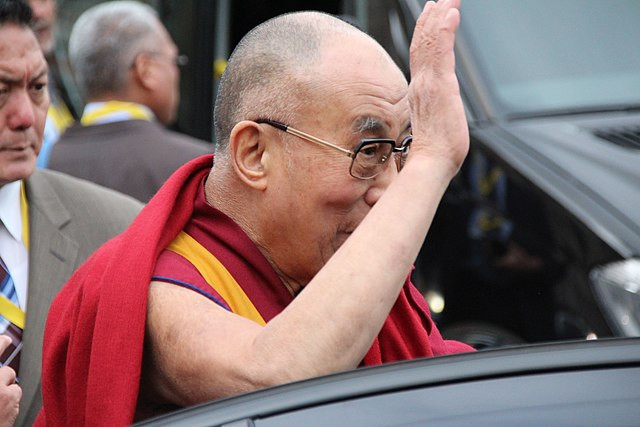The Dalai Lama, the exiled spiritual leader of Tibetan Buddhism, has announced in a new book released Tuesday that his successor will be born outside China, setting the stage for a direct confrontation with Beijing, which insists it alone holds authority to name the next leader.
In his book, Voice for the Voiceless, the 89-year-old Dalai Lama, who fled Tibet for India following a failed uprising against Chinese rule in 1959, declares explicitly for the first time that his reincarnation will occur in the "free world," a term widely interpreted as outside China's jurisdiction.
"Since the purpose of a reincarnation is to carry on the work of the predecessor, the new Dalai Lama will be born in the free world so that the traditional mission of the Dalai Lama-that is, to be the voice for universal compassion, the spiritual leader of Tibetan Buddhism, and the symbol of Tibet embodying the aspirations of the Tibetan people-will continue," he writes.
The statement represents a significant departure from his earlier stance, where he had suggested the possibility of ending his lineage entirely, or reincarnating within India, where he resides in exile. It also reflects deepening tensions over the Dalai Lama's legacy amid China's increased control over religious institutions in Tibet.
China swiftly rejected the Dalai Lama's assertion, reaffirming its claim over the reincarnation process. Chinese Foreign Ministry spokesperson Mao Ning told reporters Tuesday, "The lineage of the Dalai Lama living Buddha was formed and developed in China's Tibet, and his religious status and name were also determined by [China's] central government."
Beijing has repeatedly labeled the Dalai Lama as a "separatist" who it claims "has no right to represent the Tibetan people at all." The Dalai Lama has consistently denied advocating independence, instead supporting what he describes as a "Middle Way" approach, seeking greater autonomy within China.
The dispute over succession carries profound geopolitical implications. China's insistence on controlling the selection of the Dalai Lama is widely viewed by observers as a strategic effort to tighten its grip over Tibet and suppress movements advocating greater autonomy.
In his book, the Dalai Lama emphasizes the persistence of Tibetan resistance to Chinese rule. He writes that the Tibetan homeland remains "in the grip of repressive Communist Chinese rule" and asserts that the fight for Tibetan freedom will continue "no matter what," even after his death.
He underscores the risks associated with continued oppression, writing: "One clear lesson we know from history is this: If you keep people permanently unhappy, you cannot have a stable society."
The Dalai Lama, formally known as Tenzin Gyatso, was awarded the Nobel Peace Prize in 1989 for his commitment to nonviolent resistance and his advocacy for Tibetan culture and autonomy. While he stepped down from political leadership in 2011, he remains an influential global figure and a powerful symbol for the Tibetan cause.






